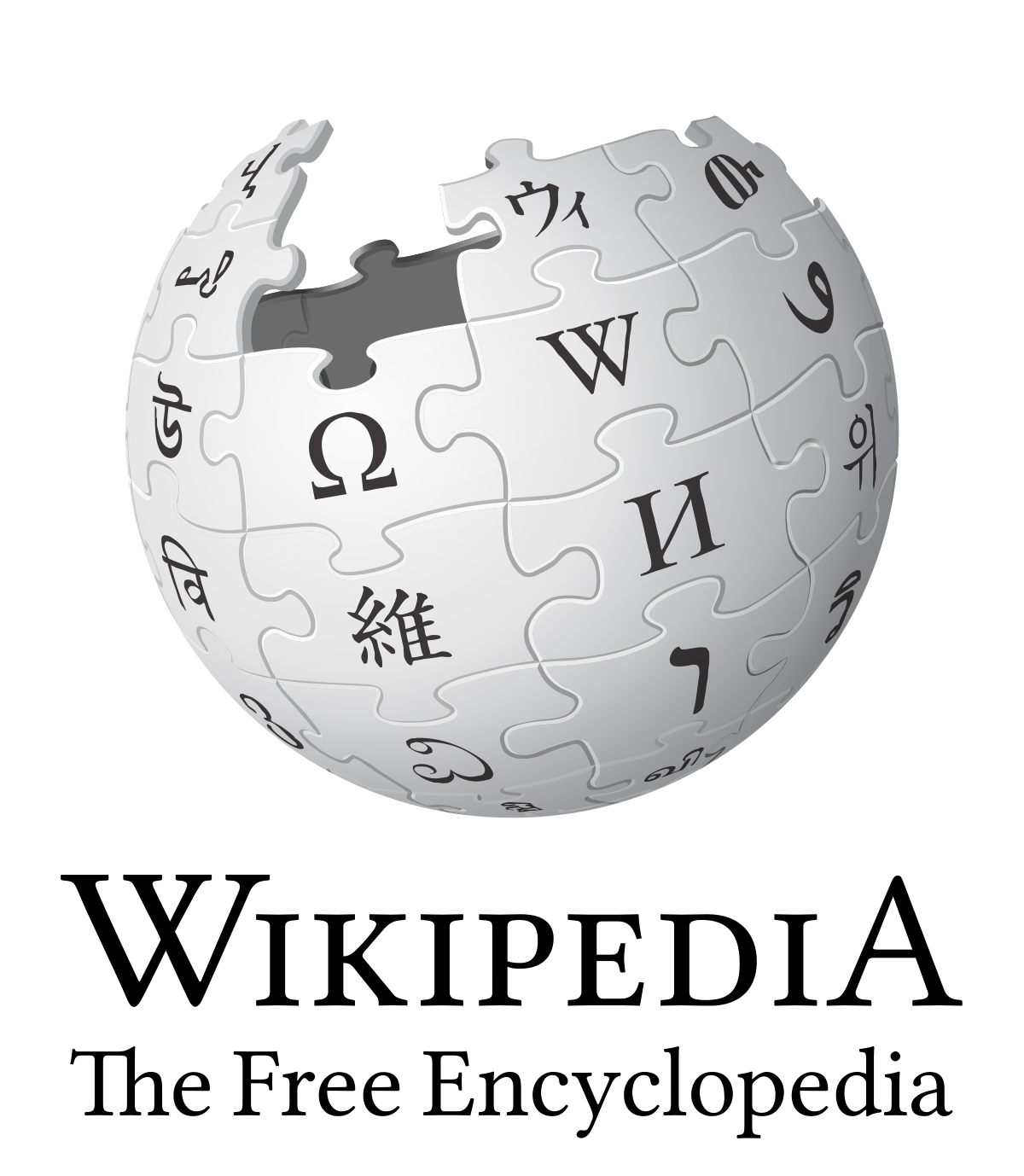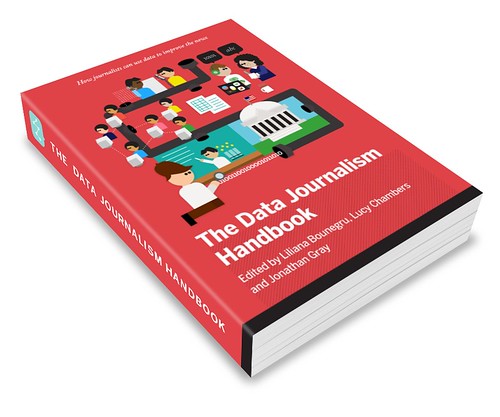Before you can evaluate, you need to know what kind of article you're dealing with. In the digital era this is trickier than you may think. This key detail will tell you a lot about the INFORMATION CREATION PROCESS.
How information is created, reviewed, produced, and then consumed (by you!) says a lot about its credibility. A tweet, for example, takes just seconds to publish and end up on your information plate. However, a scholarly journal article can take months - even years - to be studied, compiled, produced, peer-reviewed, edited, peer-reviewed again, and then published.
On the one hand - more review and vetting often means a more accurate, evidence-based article, on the other hand - you may need timely, cutting edge information that you won't find in a scholarly article. Your information need will dictate the source type you choose.

Scholarly Articles are published in academic journals and have typically undergone a peer-review process (a process where experts in the field must review the study for sound research methodolgy and accuracy). They are typically written by scholars in the field to further research in the academic community. These articles should always clearly indicate their sources and have little to no ads.
How do I know it's peer-reviewed? When searching in the library databases you can often limit your results to peer-reviewed articles only by checking the "peer-review" filter on the left-hand side. You can also Google the journal title to see if it is peer-reviewed.

Trade Publications cover a particular industry or occupation. For example, this National Education Association publication concerns Education and offers trade information for teachers. They are typically released monthly or bi-monthly and the content is written by staff writers and professionals in the field. Most sources are not formally cited and articles are not peer-reviewed in the same way a scholarly article would be.

Popular sources are written for the general public and cover a wide array of topics. Some common sources include: The Atlantic, The Economist, Eat Well, Women's Day, and National Geographic. Articles are typically written by staff writers and are rarely cited formally. Another clue you're reading a popular source is you will see a number of advertisements. Review is done by a staff editor, but there is no formal peer-review process.
News/Media sources are typically geared toward a popular audience. Depending on the source, they may cite their sources in narrative form or at the bottom of the page. Beware a news source that doesn't clearly articulate where they are getting their evidence. The vetting differs depending on the source and is primarily based on the criteria of the producing organization and news editor/ editorial board. See the "Evaluating News Sources" tab for more information.

Enclyclopedias cover a huge array of topics and compile multiple resources into a coherent overview. Some common encyclopedias include: Encyclopedia Britannica (multidisciplinary), Investopedia (disciplinary) and YES - even Wikipedia. For more on evaluating Wikipedia articles -see the "Evaluating Web Sources" tab. Reliable encyclopedias should cite all their sources and are typically vetted by a peer-review or board-reviewed process. These source types are good to consult when you are first starting your research and want an overview on your topic.

"Web sources" is a sort of catch-all source type that refers to any information published to the web in any format that isn't covered by the publication processes listed previously. It could be a blog, a tweet, a government agency's site, a company webpage, a youtube video, the source types are ever changing and ever growing! What we do know about sources on the web, though, is that we must always evaluate them for accuracy. Anyone's neighbor's goldfish can upload info to the web without any sort of vetting process. So we have to be careful to use the evaluation methods provided in this guide when handling any of these source types.

Books and eBooks are more popular than ever! Even those print and ink versions won't be going anywhere for a while. This source type has traditionally had a reputation for being comprehensive and reliable - however, make sure to evaluate the publisher and their vetting process. Book publishers often have their own political or economic slant. Academic presses will have undergone a peer-review process while their popular press counterparts will typically only go through the hands of one editor. Additionally, direct and self publishing are growing in popularity and these platforms have less vetting (although they can still be high-quality books). Research the publisher and the author when assessing credibility.
There is no one perfect source type. All individual sources have some sort of gap. The sources you choose should compliment eachother by filling in these gaps. Do you have a good book chapter supporting your thesis, but it's a little older? You should still use it, just make sure you have more current sources that fill in the gaps.
 When you search for something online, Wikipedia is often one of the first results.
When you search for something online, Wikipedia is often one of the first results.| YES! | NO! |
|
|
|
|
|
|
Lakeshore College does not discriminate against protected classes, including but not limited to race, color, national origin, religion, sex, or gender--including sexual orientation, gender identity, gender expression, disability or age in employment, admissions, or its programs or activities. To handle inquiries regarding Lakeshore’s nondiscrimination policies, contact the Educational Support Services Manager for students 920.693.1120, nicole.yang@gotoltc.edu or the Executive Director of Human Resources for staff/others 920.693.1139, marissa.holst@gotoltc.edu. Lakeshore, 1290 North Avenue, Cleveland, WI 53015. TTY 711 gotoltc.edu/equal-opportunity-statement. For more information visit https://gotoltc.edu/equal-opportunity-statement.